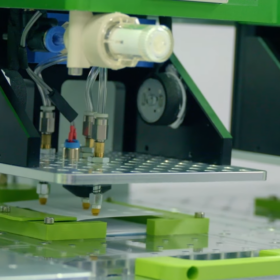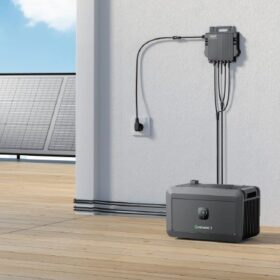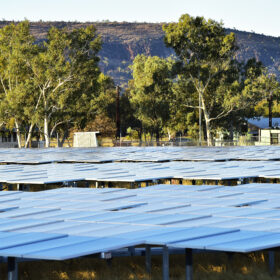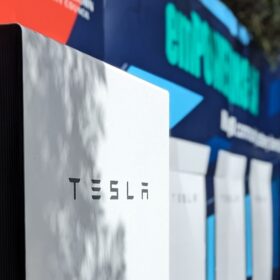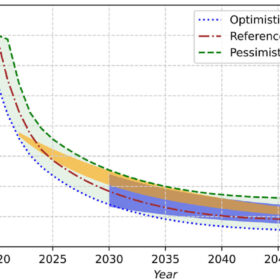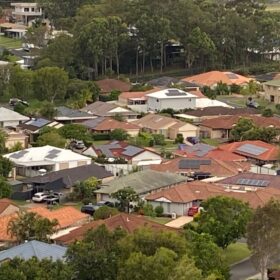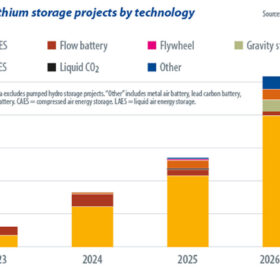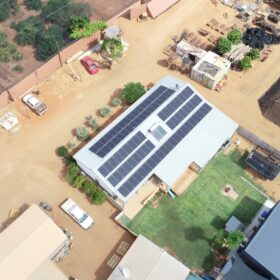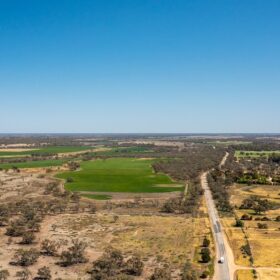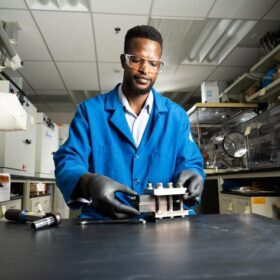Queensland battery manufacturer lands grant for automated pilot plant
Queensland-based clean tech company Graphene Manufacturing Group has hit a home run toward commercial product roll-out after pocketing a $2 million grant to spearhead the development of an automated assembly plant in the state capital.
Growatt launches new balcony storage solution
The new product combines the NEO 800TL-X Microinverter and the NOAH 2000 Battery. Up to four batteries can be stacked, for up to 8,192 Wh of storage capacity.
Alice Springs roadmap to renewables calls for urgent action
The central Australian town of Alice Springs is on track to achieve 50% renewable power generation by 2030 but a new report says urgent investment and action is needed to integrate the increasing amounts of renewable energy, including solar PV and battery energy storage, into its isolated grid.
South Australia rolls out first community batteries in new program
The South Australian government has announced the locations for two community batteries that are to maximise the local use of cheap solar, reduce pressure on solar-heavy grids and pave the way for more rooftop PV.
PV-driven green hydrogen may be sold in Australia at $3/kg by 2030
A team of researchers in Queensland have calculated the levelised cost of green hydrogen under different installed capex scenarios for 2030. They also looked into the different possible sizing of PEM electrolysers.
Report says rooftop solar key to cutting climate pollution
A new report puts electricity generation, storage, transmission and electrification from renewable sources on Australia’s front line to combat climate pollution.
Weekend read: Can anything topple lithium-ion?
The need for long-duration energy storage in a net-zero world is undeniable but with conventional battery prices tumbling, can anything dislodge the mainstream grip of lithium ion? S&P Global’s Susan Taylor provides an update on non-lithium storage technologies.
Horizon expands software rollout to enable more regional rooftop solar
Solar access will be expanded throughout regional Western Australia with state-owned energy provider Horizon Power announcing plans to roll out “state-of-the-art” internet-connected technology that will help balance energy on regional microgrids.
Transgrid reveals refined route for VNI West project
Network operator Transgrid has shuffled the proposed route for the Victoria-New South Wales Interconnector West transmission project, acknowledging that community concerns, including potential impacts on agriculture and visual amenity have had a significant influence.
Iron-based redox flow battery for grid-scale storage
Researchers in the United States have repurposed a commonplace chemical used in water treatment facilities to develop an all-liquid, iron-based redox flow battery for large-scale energy storage. Their lab-scale battery exhibited strong cycling stability over 1,000 consecutive charging cycles, while maintaining 98.7% of its original capacity.
